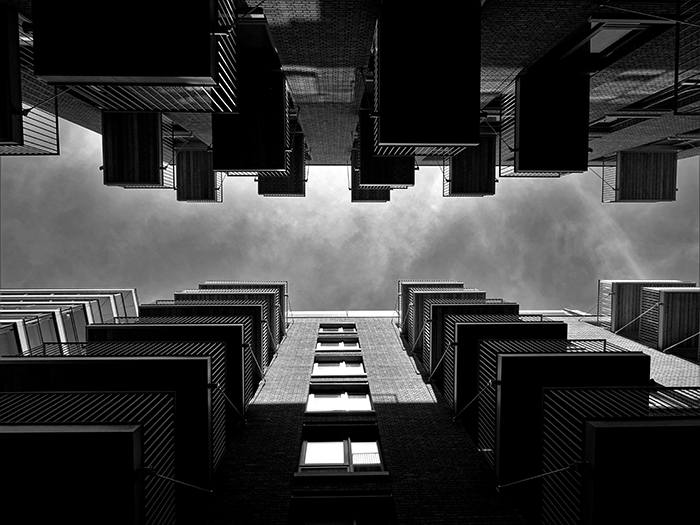Five annual incomes needed to purchase an average apartment in Czech Republic
The average Czech household needs five annual incomes to purchase a standard 60-square-meter apartment, according to data from the Ministry of Regional Development (MMR) for the first quarter of 2024. However, housing affordability varies significantly across regions, with buyers in Prague needing eight annual incomes, and those in Brno requiring seven.
This disparity in housing accessibility comes as rising costs force many tenants to spend a quarter of their income on housing. The MMR also reports that 13% of Czech households are now considered “housing cost-burdened,” meaning they spend more than 40% of their income on housing. This figure represents a 2.6 percentage point increase from last year.
Data from Deloitte highlights the ongoing rise in property prices. In the first quarter of 2024, the average price per square meter for an apartment was CZK 99,300, meaning a 60-square-meter flat would cost just under six million CZK. With the average gross monthly wage in the country at CZK 43,941, it would take an individual 11.4 years’ worth of income to afford such a purchase. The MMR, however, bases its calculations on household income, including wages, pensions, benefits, and other sources, leading to its five-year estimate.
The MMR’s newly launched housing “dashboard” aims to analyze housing trends by gathering data from various sources, including the Czech Statistical Office (CZSO) and local municipalities. In 2023, 35,704 new apartments were under construction, and 38,067 units were completed, with an average size of 49.2 square meters.
Despite these developments, the Ministry is facing budget cuts that may affect its affordable housing programs. Minister for Regional Development Ivan Bartoš has committed to negotiating an additional CZK 7 billion to invest in the construction of municipal rental housing. Under the proposed 2025 state budget, the Ministry’s spending could drop by 13%, equating to a CZK 2 billion reduction.
Affordable housing remains a priority for the government, with Bartoš emphasizing the importance of continued investment. The State Investment Support Fund (SFPI) has been supporting the construction of rental apartments, offering subsidies and low-interest loans to cover up to 90% of building costs. So far, the program has backed the construction of 4,688 apartments, with 1,237 units already completed.
The Ministry remains committed to addressing housing challenges, despite potential budget constraints, in a bid to make housing more accessible for Czech families.
Source: CTK, MMR and Deloitte









